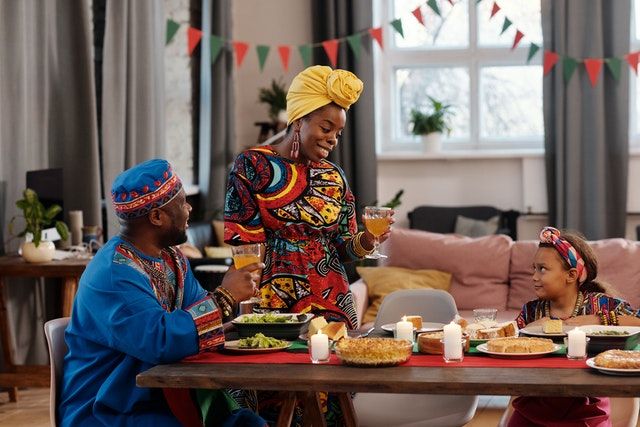Nature has consistently been cruel to loners. For ages, the survival of most animals was dependent on their willingness to cooperate and their ability to optimize their strengths as a colony or group. So, animals that stayed together survived together, guarding their territory and young ones from invasive predators.
For our species, human beings, which for a fact isn’t the strongest or the most ferocious, surviving and thriving in the wild meant that we had to have each other’s backs. It has always been us against the wild for thousands of years. This, therefore, called for the need to stick together, making the family the most basic social unit necessary for the survival of the pre-historic human.
Today, we no longer live in an environment that necessitates communal living. You might be living under the same roof with a couple more people, but you don’t go out hunting with them till evening when the sun sets. The onset of the modern era reduced our dependency on numbers; a farm that took 20 people the whole day to plough can now be ploughed by one person in a couple of hours.
The protection and security we used to get from our kin are now almost guaranteed by the state or other agents in our society that aren’t necessarily related to us. And so, for the first time in history, the role of the family in our society is evolving as its functionality takes a relatively abstract form.
On average, I see my parents and siblings probably once a month. And that’s way more than the average working adult, especially if they had to go seek greener pastures hundreds of miles away from home. Therefore, our adaptation to this new phenomenon has increased the need for unconventional families.
George Herbert Mead, a renowned American sociologist and philosopher, was one of the founders who attempted to demonstrate how the individual/self is nurtured in the process of social interaction. Symbolic interactionism, a term coined by George’s students, focuses on the relationship among individuals in a given society. This theory’s basic premise is that: humans interact with things (or people) based on the meaning attributed to these things, and the meaning attributed to the said things is interpreted by a person only under a certain set of circumstances.
A good example is how the best friendships are formed in high schools or at colleges. We all joined school as literal strangers to everyone around us. A couple of years down the line, however, you can almost not visualize your life without them. They somehow become an integral part of our identity and how we perceive ourselves. We can all agree that these bonds weren’t formed because they are our small sisters or brothers. Some of us are even closer to our friends than to our immediate relatives. Another example is when a soldier is facing death at the battleground, and his survival is wholly dependent on his compadres in arms. Such levels of adversity take us back to when our ancestors needed their tribe just so that mother nature doesn’t swallow them whole.
And it’s not to say that you can’t experience this with your actual family. Far from that, actually. I believe that sometimes, we’re convinced that those we’re bound to by blood should unequivocally stand by us and support us just because we share a bloodline. We think that they owe us a certain allegiance just because we share strands of DNA. But I believe that our current society and human interactions have debunked this erroneous mentality. We now know that meaningful relationships and bonds formed through intentional sacrifices and compromising for the betterment of those we hold dear last the longest, a couple of lifetimes, maybe.
So maybe try to make your relatives your friends, if you still can. Interact with them on a level deeper than your ancestral ties, and maybe then, you’ll know things about yourselves you would never know. So to all families out there, conventional or not, the world’s a better place because of you. The world’s a better place because of your role in that tight-knit circle of yours. Today is the day we celebrate you.
Happy International Day of Families!
Also Read: How to Reconcile and Build Strong Family Relationships
***
Organised by the United Nations, the international day of families is celebrated annually on the 15th of May. The first of its kind was observed in 1996. The aim is to raise awareness around the impacts and importance of families on society and to discuss issues affecting families.





